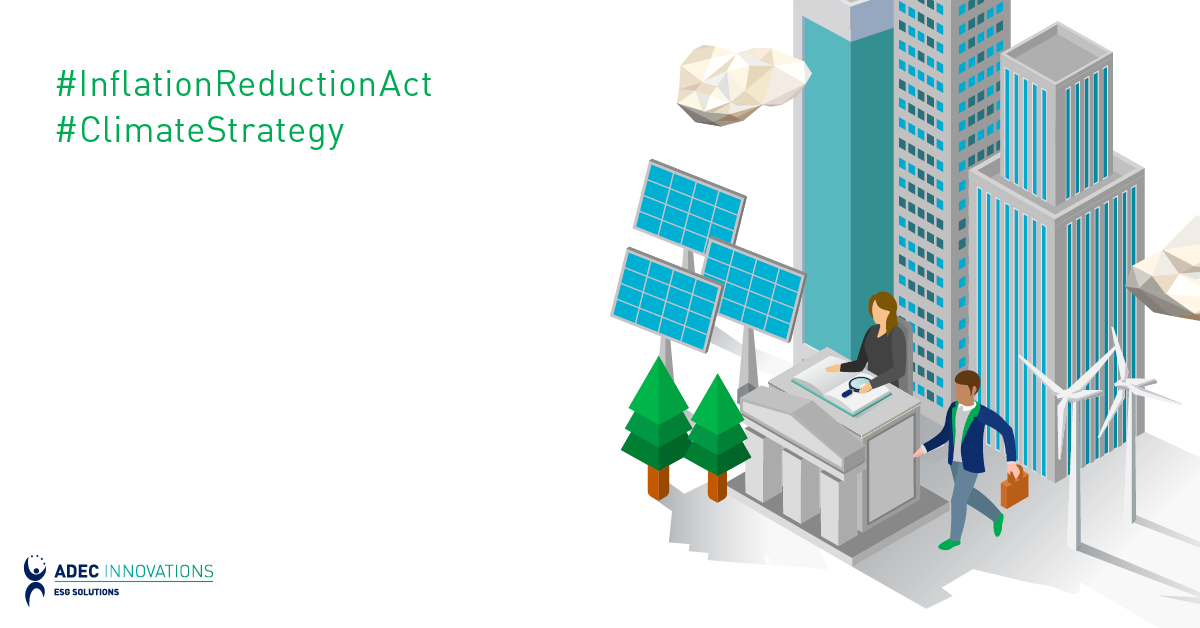Cities in the world are talking about climate change and thinking about leaving fossil fuels behind for a low-carbon future. Here’s why:
Fossil fuels are formed from plant and animal material over millions of years. They are major sources of energy used by countries around the world to fuel vehicles, power industries and manufacturing, and provide homes with electricity. Over-consumption of fossil fuels can cause adverse environmental impacts like air pollution.
The burning of fossil fuels can emit carbon dioxide, nitrogen dioxide, sulfur dioxide, volatile organic compounds, and heavy metals, which can lead to harmful consequences to various habitats and human health. Negative impacts of fossil fuels also include global warming, air quality deterioration, oil spills and acid rain. With these adverse effects, cities are becoming more conscious of the need to transition to a low-carbon future and to produce power from renewable energy sources. Furthermore, switching away from fossil fuels also makes sense from an energy security perspective, and would lead to less reliance on foreign oil.
According to a report released by CDP, 109 cities are setting renewable energy or electricity targets, and 96 cities are taking action to decarbonize their energy supply.
The capital of Iceland, Reykjavik, has stopped using fossil fuels to generate power and obtains 70% of its electricity from hydropower and 30% from geothermal energy. Other cities also plan to cut back on their use of fossil fuels, including:
- Seattle, Washington
98.2% of electricity in 2015 is drawn from nuclear, hydroelectric and wind power, according to CDP
- Oslo, Norway
98% of electricity comes from hydroelectric power
- Vancouver, British Columbia, Canada
94% of electric power comes from non-fossil fuels (82% hydroelectric, 11% biomass and 1% wind).
According to CDP’s Director of Cities and Data Innovation, Conor Riffle (2016), “As greenhouse gas emissions continue to mount, it is more important than ever that we seize the opportunities of a low-carbon future. Cities are well placed to lead this transition.”
The cities of Brazil are off to a great start, as 76% of their electricity comes from renewable energy sources, mainly hydropower. In the survey released by CDP comparing 162 cities using fossil fuels and renewable energy sources, several cities have followed suit in ending their fossil fuels usage.
The transition to a low-carbon future starts with cities which are mindful of their electricity or energy generation. Becoming aware of their energy sources is just the beginning. Knowing how to nix fossil fuels as a source is the next step.
FirstCarbon Solutions (FCS) advances globally sustainable practices and helps organizations reduce costs, while optimizing resource use. With industry expertise in providing Energy Management services, FCS helps global organizations reduce carbon footprints and mitigate the impacts of global climate change. To learn more about how to effectively manage your energy, contact our team today.




